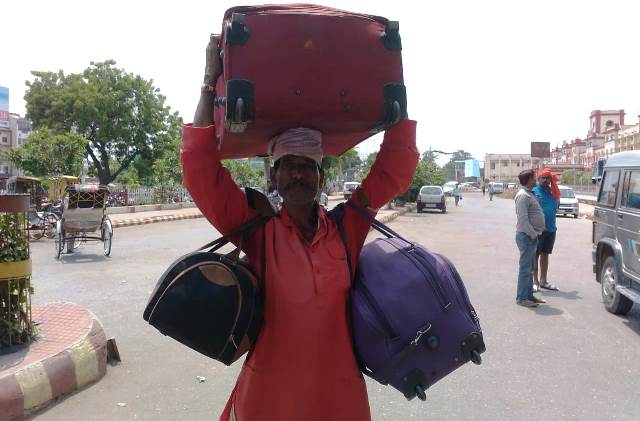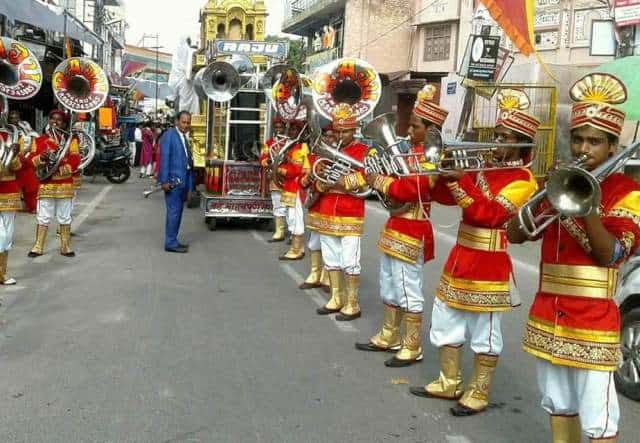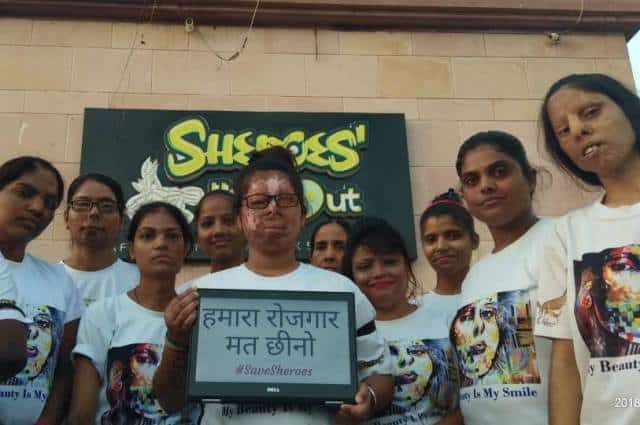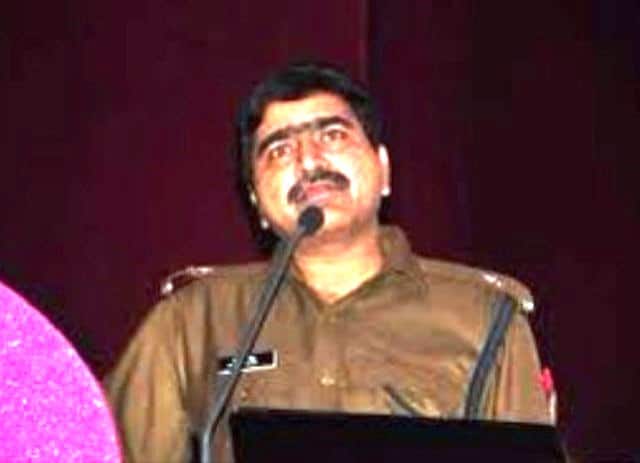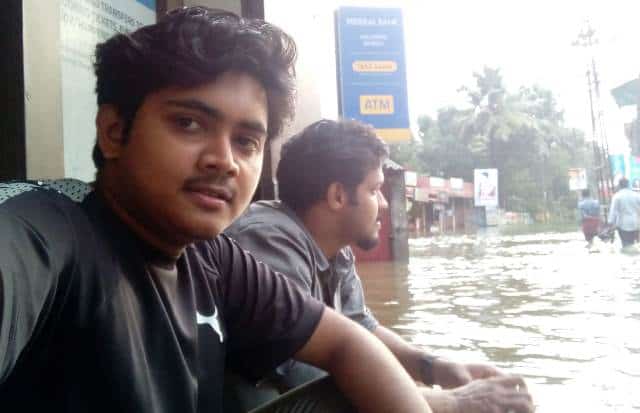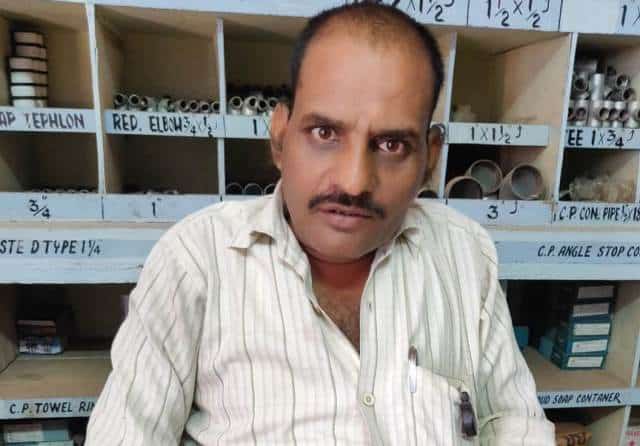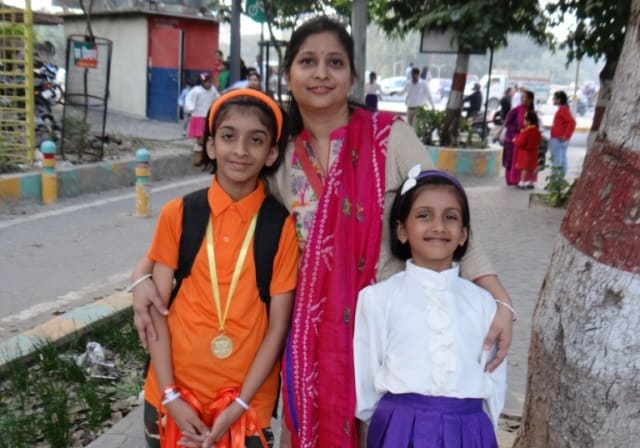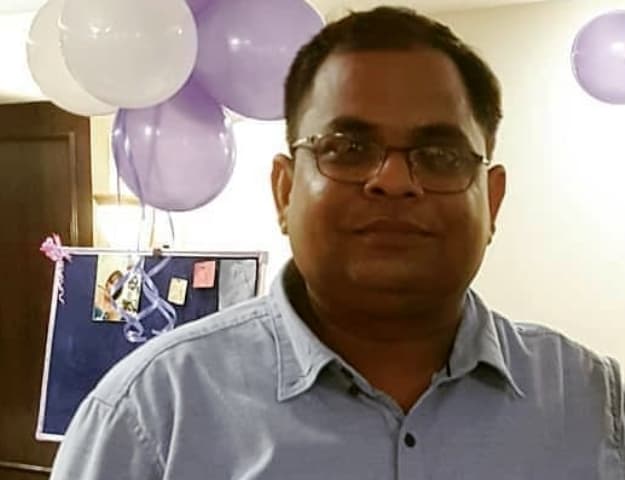Bachchan and Govinda had played the character with aplomb. Besides, he would make good money at one of the busiest railway platforms in the country. But times have changed. Modern-age bags with wheels and newly-installed escalators have eaten into his earnings. Dayal opens up to LokMarg: I started work as a coolie at the Gorakhpur Railway station in 1983.
This was long before the likes of Amitabh Bachchan and Govinda glamourised our profession. Till about six years ago, I did not find any time to sit or relax during my eight-hour shift, that sometimes stretched up to 10 hours. I managed to earn somewhere between Rs 200 to Rs 500 per day. In peak seasons like summer or winter holidays or the wedding season, my earnings touched even Rs 1000 a day. But six years ago, things started changing.
Modern technology reached Gorakhpur station and we, the coolies had to bear the brunt. Passengers can now use the escalators and conveniently carry their luggage with them. Besides this, almost everyone is using trolley bags these days. Be it young passengers, women, elderly or even children, everyone is capable enough to pull at least one bag each. And we are left with no option but to watch patiently and wait for a passenger, who might actually need our help.
The Gorakhpur railway station has the world’s longest railway platform (1.3 km). Naturally, coolies played a rather important role here. Earlier, several new boys joined us every month. But now, take a walk along the platform, and you will barely find a young coolie here. New people are refraining from joining this profession. Even my younger son, who started work as a coolie 10 years ago on my insistence, now questions my decision.
The scarcity of work has also diluted the norms of the union (regarding the work hours) and now you can work at will. Earlier, we used to have an eight-hour shift to ensure that all the registered coolies get work. But due to scarcity of work and reducing number of coolies, we are now free to work at will. However, this does not fetch us much money. Almost every day, I go back home empty-handed. Sometimes, I stay back in the night hoping for some generous passenger, but it is all in vain.
On some lucky days, we earn Rs 200 to Rs 300 but that only happens during the wedding or the festive seasons. New technology has made life convenient for others but has eaten into our livelihoods. I am 63 years old, and at this age changing my profession is not an option. Neither do I have the luxury to retire. I don’t have anything against new technology.
But I would like to question our political leaders who talk about introduction of new technology and job creation in the same breath. Have they cared to spare a thought about people like us, who suddenly discover that the job that fetched them their daily bread for years, has now become redundant. What plans do they have for us? Chief Minister, Yogi Adityanath, are you listening?
